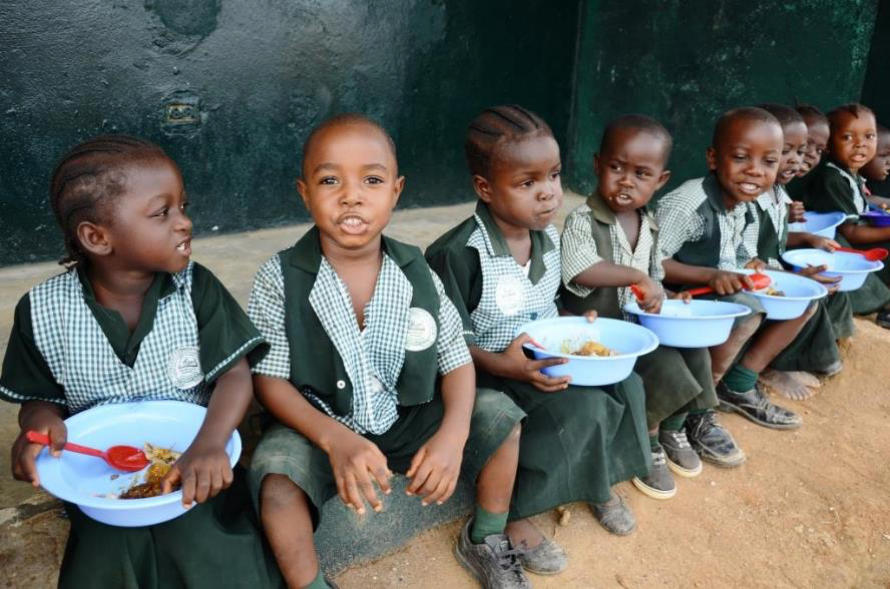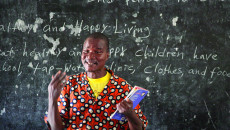DAKAR, Senegal – The United Nations World Food Programme has urged governments in West Africa to invest more money in school meal programmes.
According to a dispatch from the organization, the investment by African governments will serve as a catalyst for improved economic and social welfare for communities across the region.
ÂThe call to African governments was made in Dakar on March 1 during the third celebration of the African Day of School Feeding.
“It is a win-win opportunity which governments must seize,†Abdou Dieng, the World Food Programme’s regional director for West and Central Africa, said.
Dieng noted that children enjoying healthy meals in schools makes it more likely for them to stay in school and learn. He applauded Benin for showing leadership in investing in its future generation, stressing that “such is a standard that other governments in the region should follow.â€
According to the World Food Programme, Benin has allotted US$47 million over five years to feed 400,000 children using a home-grown school meals model.
The organization says increasingly, school meals in Africa are of home-grown variety, which aims at sourcing food from smallholder farmers within the community. The idea is that food sourced within the country can provide local farmers and businesses with more stable sources of incomes and can create jobs in the affected communities.
For example, in Burkina Faso, the introduction of yoghurt in school meals had multiple benefits. Besides seeing 200,000 students receive better nutrition, a women’s group that collects milk locally has recently set up a processing plant for yoghurt that is now delivered to schools by young people on motorcycles.
In Liberia, school feeding is a major concern. While the Ministry of Education’s 2015 Education Sector Analysis said approximately 359,000 students in primary schools and early childhood education are fed daily by organizations such as Mary’s Meals and the World Food Programme, those efforts need buttressing. UNICEF maintains that 42 percent of five-year-olds have had their growth stunted as a result of malnutrition, meaning that they have shorter heights and lower body masses than they should.
Featured photo by World Food Program



